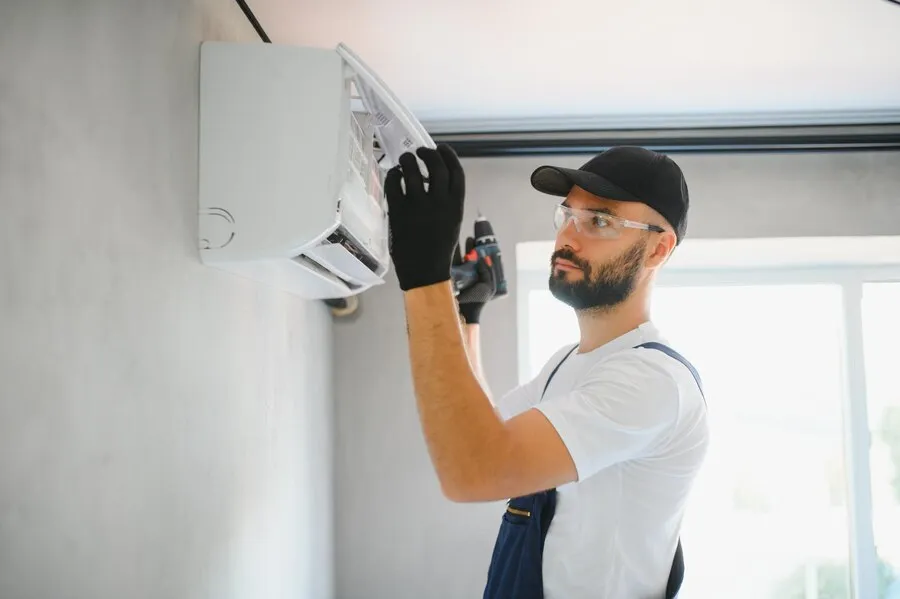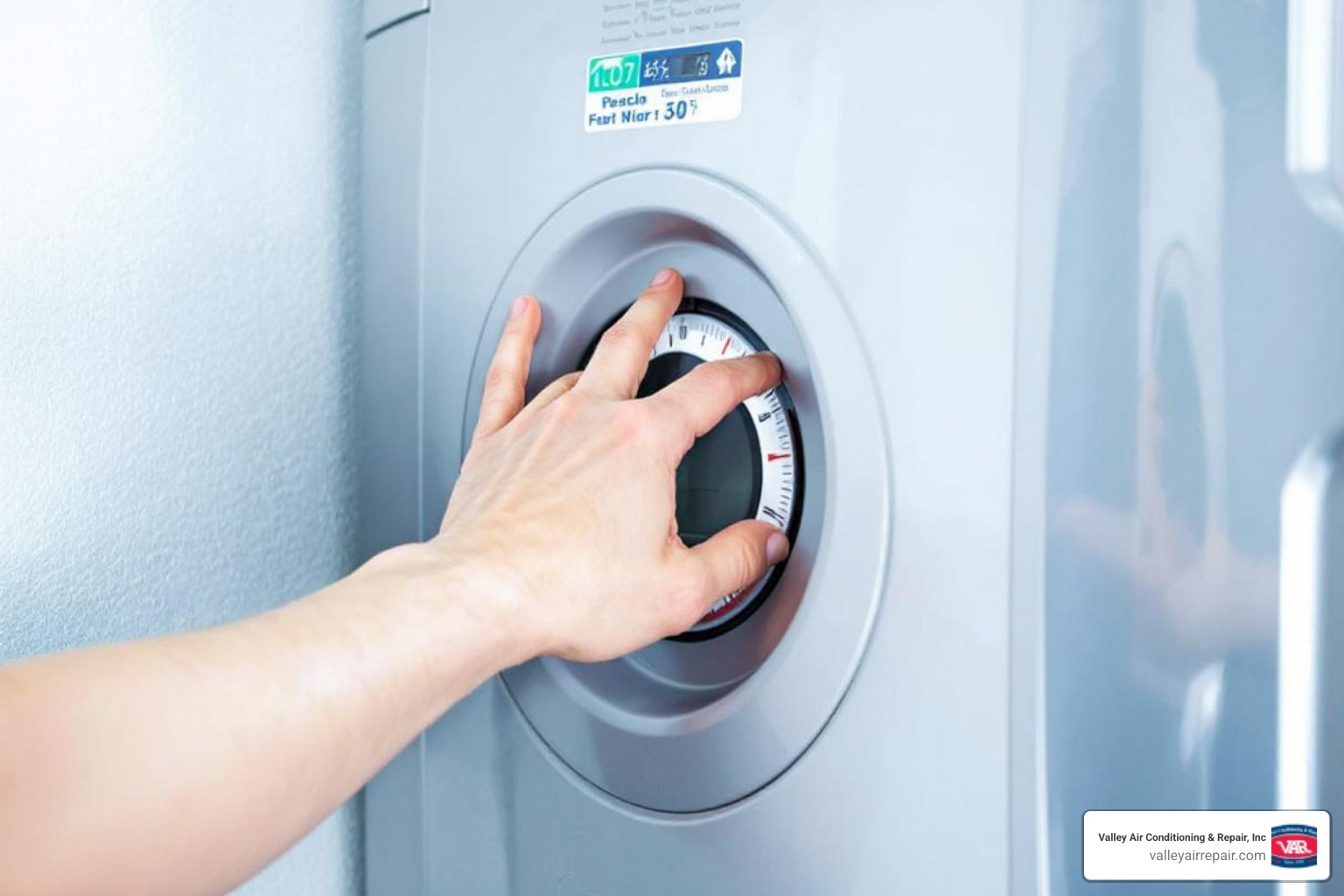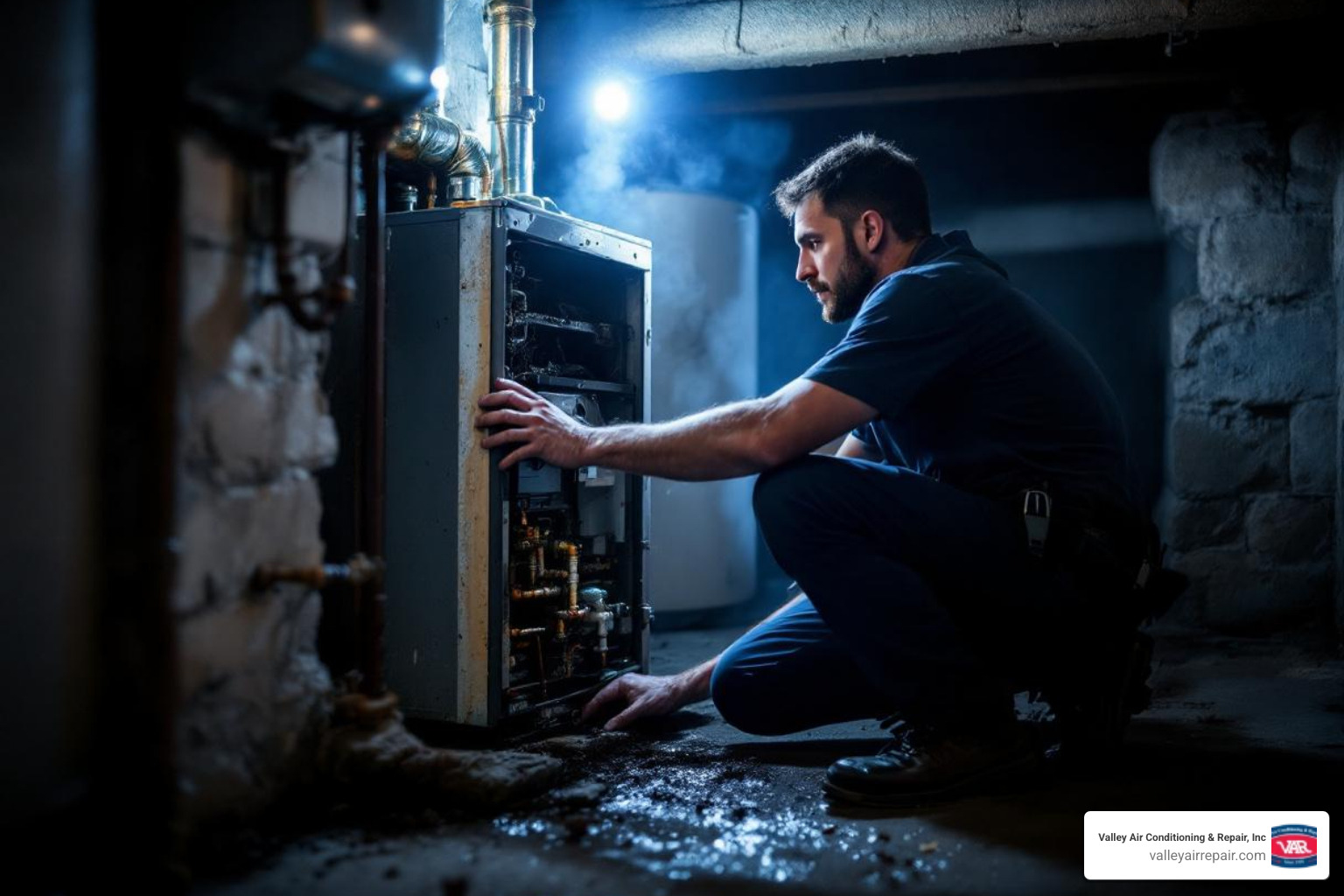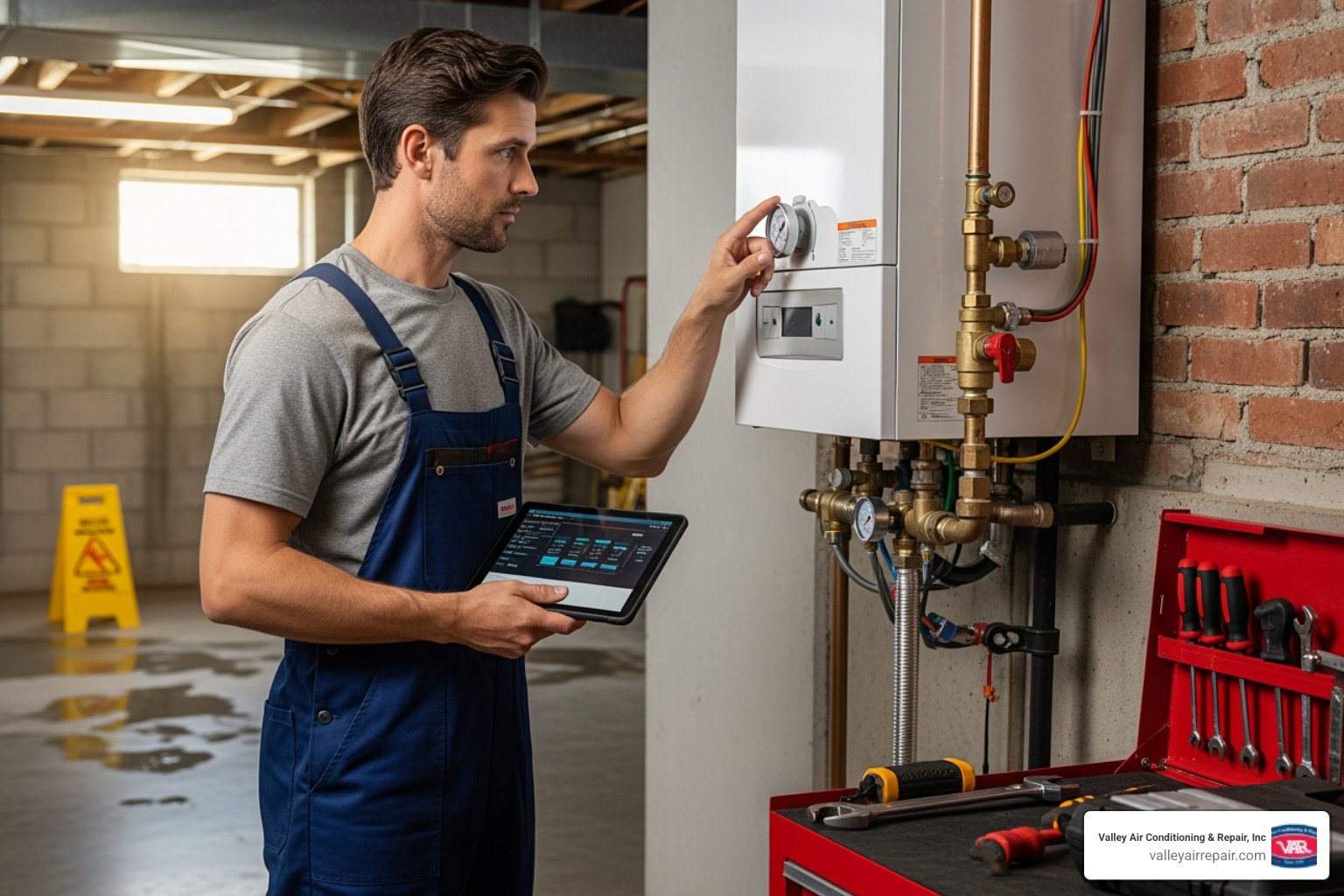Why Is My AC Suddenly Making Loud Noises in Sanger?

Sudden loud noises from an air conditioner can catch any homeowner in Sanger off guard, especially during the hottest days of the summer. These sounds do more than just interrupt the comfort of your home. They can also signal real trouble inside your system. Whether it's a rattle, screech, or constant bang, strange noises are something you shouldn't ignore. They’re usually a warning sign that something inside your AC is off-balance, worn out, or broken.
Responding early can save time and money. Ignoring the noise could lead to a complete breakdown, leaving you without cooling when you need it most. Understanding what the noises might mean can help you decide what actions to take next, including when to bring in professional support. The good news is, you don’t have to guess. Certain sounds often point to specific issues. Let’s take a closer look.
Understanding the Common Causes of Loud Noises from Your AC
Your AC system should never sound like it’s falling apart. When it does, there’s a reason. Loud noises are usually the result of a mechanical failure, loose components, or airflow issues. These problems can turn from small to serious if left alone.
Some homeowners notice a banging that kicks in when the system starts. Others report buzzing, screeching, or popping sounds. While each noise may point to something different, they all have one thing in common—they signal a change in how your system is functioning. What might’ve been running quietly for years can start acting up suddenly when parts wear out or get blocked.
Loud noises should always be taken seriously. They are often the earliest sign that something needs attention. Air conditioners are made to run smoothly and quietly, particularly in residential settings. So when yours starts acting up like this, it’s time to dig into what’s going wrong.
Identifying Specific Loud Noises and Their Sources
Each type of noise means something different. Here are the most common ones and what usually causes them:
- Rattling or Banging
Loose parts inside the unit can bang against other components as the fan runs. This may include branches or debris that made their way into the outdoor AC cage. It could also be a loose screw, bolt, or a disconnected motor mount. In older systems, compressors themselves can become unbalanced as they age.
- Hissing or Whistling
Air leaks are a common reason for hissing. A soft hiss often means a refrigerant line is leaking or ductwork isn’t sealed properly. Whistling sounds usually come from dirty filters or blocked vents that force air to squeeze through tight passages.
- Screeching or Squealing
These high-pitched noises typically come from worn belts or fan motors that need lubrication. If the motor bearings are failing, you may hear a more intense screaming noise. In these cases, it’s a smart move to shut off the unit right away to avoid more damage.
For example, a resident in Sanger recently noticed a loud squealing every time their AC started. It turned out to be a worn-out fan motor belt. Left unaddressed, the belt would’ve snapped and likely damaged other parts. Instead, recognizing the noise and calling for help early prevented expensive repairs. Not every case is the same, but most loud noises won’t stop on their own.
Knowing the sound your AC is making can ease some initial stress. By matching the noise to a likely cause, you’re one step closer to correcting it and getting back to a quiet, comfortable living space.
The Impact of Poor Maintenance on AC Performance
Loud noises don’t always mean a part has already failed. Many times, they show that regular care has been skipped. In Sanger, where summer heat means extended AC use, even small maintenance issues can grow fast. Dirt on coils, clogged filters, and worn belts all add strain to the system—noise is often the first symptom you’ll spot.
Airflow is one of the most common problem areas. When filters get clogged or air passages are restricted, it strains the blower motor, which can begin making unusual sounds. Another issue is missed lubrication. Without it, moving parts like bearings and fan motors start to squeal. Rattles may also trace back to loose screws or weakened mounts due to years without a maintenance check.
Sometimes, the solutions are simple, but skipping them can lead to more major issues. Common preventative maintenance steps include:
1. Replacing or cleaning air filters on schedule
2. Tightening electrical connections
3. Cleaning condenser and evaporator coils
4. Lubricating moving parts such as bearings and shafts
5. Inspecting belts, fans, and motors for early wear
6. Verifying refrigerant levels are correct
These may seem like minor tasks, but skipping even one can strain the rest of the system. When a unit works harder than necessary, efficiency drops and noise levels rise. Regular AC maintenance allows your system to run smoothly and quietly, even during peak use.
Steps to Take When Your AC Makes Loud Noises
If your AC starts making loud noises, the worst thing to do is ignore it. These sounds tend to get worse over time, not better. Acting quickly can help you avoid bigger repairs or total system failure.
Start by noting what noise you hear and when it happens. Is it a bang at start-up? A screech after a few minutes? Having this detail ready will help our professionals understand what they’re walking into, saving time during the inspection.
Next, make sure the system is safe. If you hear anything like a screaming motor or grinding parts, shut it off. These can signal serious mechanical issues that could worsen with more use.
If the sound keeps returning or you’re unsure of the cause, it’s best to contact our professionals for AC maintenance in Sanger. We are trained to safely locate and fix noise issues ranging from loose parts to compressor problems. Without proper tools and experience, trying to fix things yourself can make the issue worse, or risk injury.
Noise problems don’t need to be a mystery. Most can be explained and corrected with professional help, especially when addressed early.
Restoring Peace and Quiet: Professional AC Maintenance Solutions
Stopping unwanted AC noise begins with a full inspection. Our technicians check everything from airflow problems to worn mechanical parts. Once we observe the source of the sound, we follow the right repair steps—it may just need lubrication, a new part, cleaning, or tightening of components.
Even when the cooling still works, ignoring the noise will wear down your system faster. Every time a part strains or works harder than it should, it reduces the unit’s lifespan and increases energy use. Tackling noise issues now helps prevent bigger repairs later.
Another benefit of scheduled AC maintenance in Sanger is spotting early problems before they turn serious. Our technicians are trained to find things like belt cracks, loose parts, blocked coils, and signs of refrigerant leaks. These early detections allow for quick corrections and help restore quiet performance for the long run.
Enjoying a Quiet and Efficient AC System Again
When your AC runs quietly, it usually means it’s running well. Loud noises not only disturb your home life but are signals that your system isn’t working correctly. Waiting too long can lead to larger problems, especially during the hottest part of the season when demand is highest.
With regular professional maintenance, timely repairs, and a clear understanding of what the noises might mean, you can reduce the chances of unexpected breakages. Addressing issues early is also the easiest and least expensive way to keep your system performing well. AC maintenance helps extend its life and keeps your household cool without the noise.
Maintaining a quiet and efficient cooling system means addressing issues early and sticking to a regular service schedule. For reliable AC maintenance in Sanger, trust Valley Air Conditioning & Repair, Inc. to help keep your system operating smoothly through every season. For a quick estimate or to book a service visit, please contact us today.




.webp)









